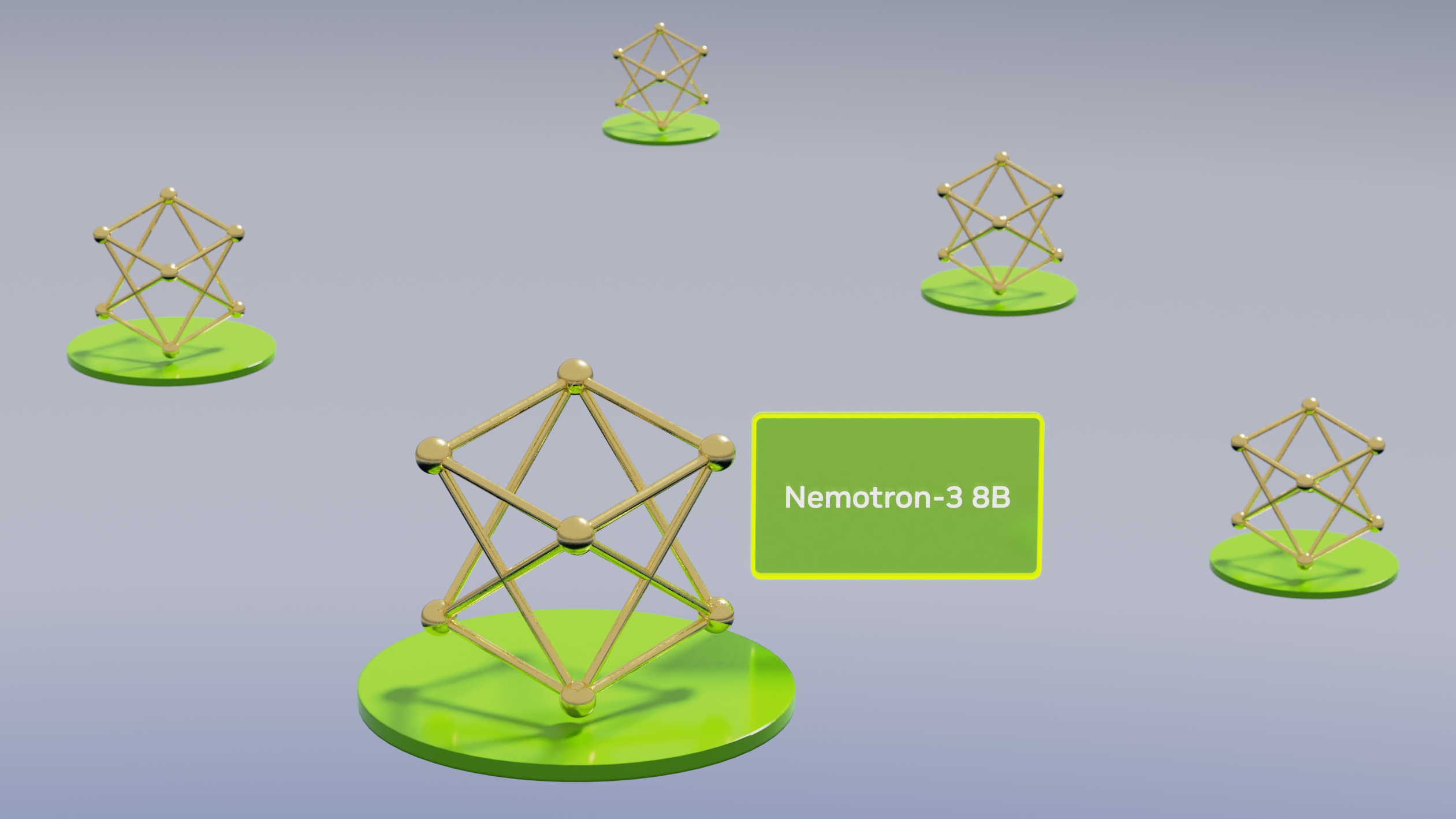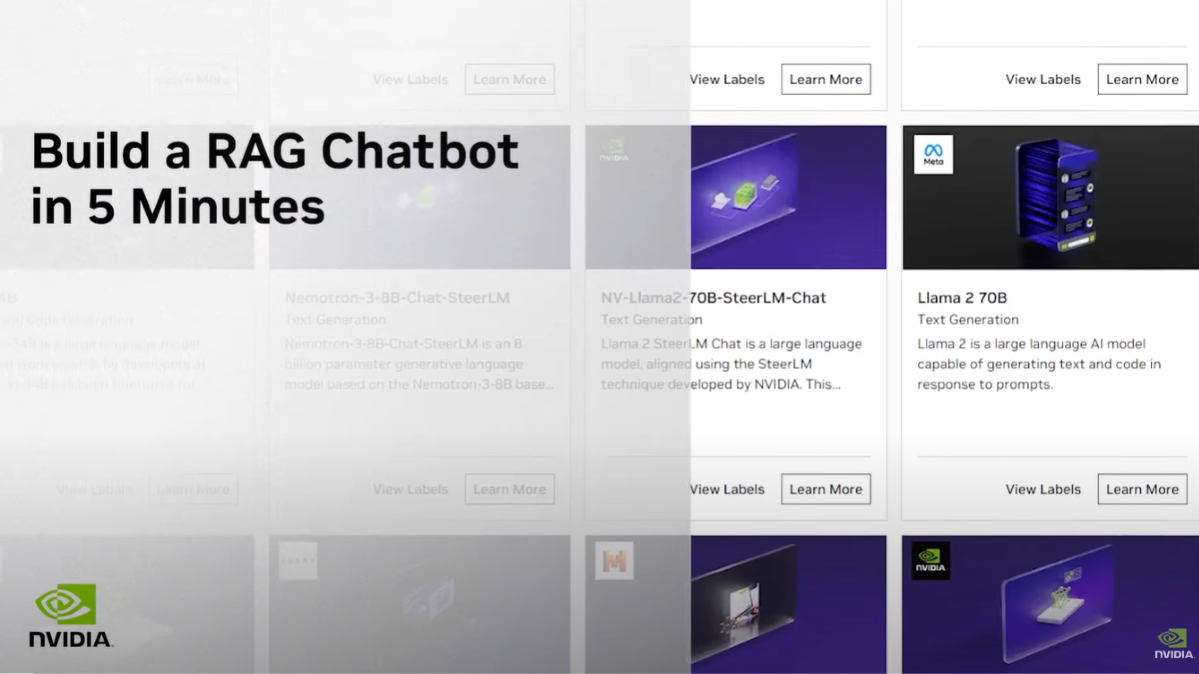This week’s model release features the NVIDIA-optimized language model Smaug 72B, which you can experience directly from your browser.
NVIDIA AI Foundation Models and Endpoints are a curated set of community and NVIDIA-built generative AI models to experience, customize, and deploy in enterprise applications. Try leading models such as Nemotron-3, Mixtral 8x7B, Gemma 7B, and Stable Diffusion XL in the NVIDIA AI playground.
When AI models are ready to deploy for business operations, enterprise support is essential. NVIDIA AI Enterprise provides the security, support, stability, and manageability to improve the productivity of AI teams, reduce the total cost of AI infrastructure, and ensure a smooth transition from POC to production.
What is Smaug 72B?
Developed by Abacus AI, Smaug 72B is a powerful large-scale language model that excels in reasoning and math tasks. A fine-tuned version of Qwen-72B, Smaug 72B is a leading choice for enterprises looking to solve complex problems in AI and machine learning.
Smaug 72B outperforms some of the most advanced proprietary large language models (LLMs) on several of the most popular benchmarks, including GSM8K. Check out the Hugging Face Open LLM Leaderboard for more details.
The model’s versatility and advanced training techniques make it applicable in various domains, including natural language understanding and generation, reasoning and problem solving, and language translation.
Smaug 72B is open source, so enterprise developers and researchers across industries can innovate and build on its foundation.
Get started with Smaug 72B
You can experience the NVIDIA-optimized Smaug 72B model directly from your browser through a simple user interface. Visit the Smaug 72B playground in the NVIDIA NGC catalog, type in your prompts, and see the results generated from the models running on a fully accelerated stack.

You can also use the API to test the model. Sign in to the NGC catalog, then access NVIDIA cloud credits to experience the models at scale by connecting your application to the API endpoint.







